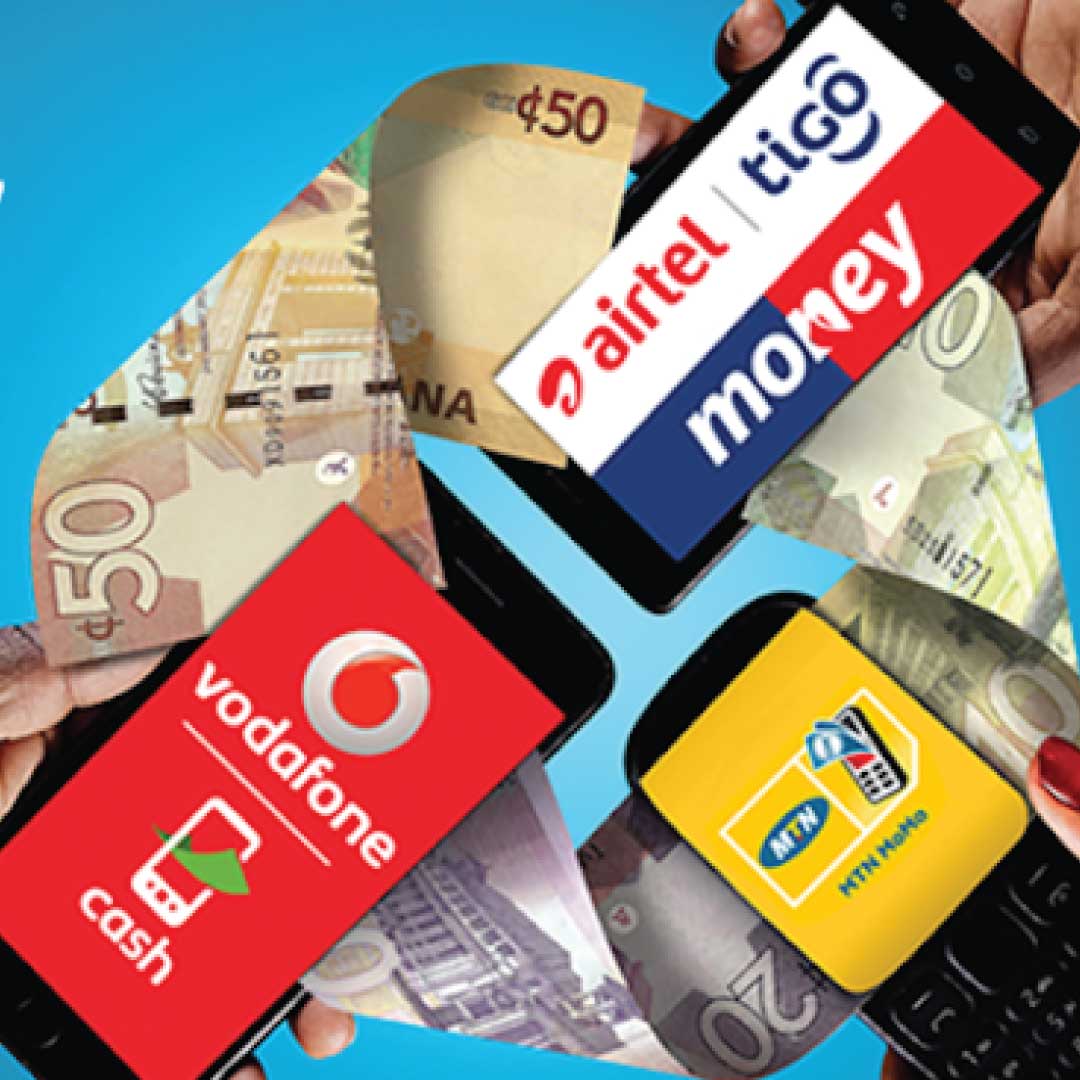After majority members walked out in protest, Ghana’s minority lawmakers rejected next year’s budget proposal over a new levy on electronic money transfers. The hung parliament of Ghana has been debating the spending plan proposed by Finance Minister Ken Ofori-Atta, which introduces a 1.75% tax on digital transactions, including mobile money payments, which have become an essential part of how people pay for goods and services using their phones. Speaker Alban Bagbin said after heated proceedings, which were adjourned until Tuesday, that for the first time a majority had walked out.
Mobile Money Transaction In Ghana
The amount of mobile-money transactions in Ghana rose by 82% last year to 564 billion cedis ($91.9 billion). In 2009, the Johannesburg-based MTN Group introduced the service to Ghana. Users of the platform can also get loans and buy insurance, without opening a bank account. Approximately 40% of adult Ghanaians do not have bank accounts. Before the walkout, Majority Leader Osei Kyei-Mensah Bonsu said the e-levy is the cornerstone of this budget. “Where is the money to do the roads coming from?”
Minority members claimed the move would affect ordinary Ghanaians and refused to meet with Ofori-Atta before the vote.
Read Also : Africa Tech Summit in Nairobi Kenya All Hands on Deck
The country has had a near-identical number of members from each of its two main parties since Dec. 7 elections — a situation that’s complicating President Nana Akufo-Addo’s legislative agenda. The tax, meant to take effect from February, aimed to help reduce the deficit from an estimated 12.1% of gross domestic product this year to 7.4% in 2022. Those against the move say it would slow financial inclusion, which the country aims to increase to 75% of all adults by 2023 from 58%.
Mobile Money In Africa
Mobile money is the fastest-growing source of income for wireless-network operators like Johannesburg-based MTN and the African units of Vodafone Group. Sub-Saharan Africa has more mobile-money accounts than anywhere else in the world, with about 396 million at the end of 2018, or 46% of all customers, according to the GSMA, the global mobile-operator industry group.
On 17th November 2021, the Minister for Finance announced during the presentation of the 2022 Budget Statement and Economic Policy of Government to the Parliament of Ghana, the introduction of an “Electronic Transaction Levy” or “E-Levy” of 1.75 per cent on electronic transactions above GHs 100 (US$16) per day to take effect from 1st February 2022.
The levy will be applied to mobile money payments, bank transfers, merchant payments, and inward remittances (MoF 2022 Budget Highlights). All charges will be borne by the sender except in the case of inward remittances where the charge will be borne by the recipient. According to the Finance Minister, the country’s total digital transactions for 2020 were estimated to be over GH¢500 billion (about US$81 billion) compared to GH¢78 billion (US$12.5 billion) in 2016. As a result, the Government is projecting to rake in tax revenue of about GH¢6.96 billion (US$1.1 billion) in 2022, and about GH¢26.90 billion (US$4.5 billion) from 2023 to 2025 after the implementation of the electronic transaction levy to help widen the tax net and rope in the informal sector.
Read Also : Ghana To Develop Regulation On Artificial Intelligence
This announcement has led to different reactions from the industry’s stakeholders, with some of them supporting the tax introduction as a way to collect public revenues while others criticizing such measure and its negative impact on digital payments and on the digitization journey that Ghana is championing.
Financial Experts View On Africa Governments Levy On E-Transactions
Many analysts have said that government needs to explore multiple sources of tax revenue than target a big source of its revenue from taxing electronic transactions.
In Sub-Saharan Africa, some governments have attempted to impose e-levy rates on digital transactions with some failing and others succeeding. In the case of Uganda, tax on electronic transactions faced a lot of backlashes and it was reduced to 0.5 per cent applied to withdrawals only.
On the other hand, in Nigeria, the World Bank estimated that the country is likely to make N 462bn (US$ 1.13bn) from the electronic money transfer levy as a source of stable revenue in 2021.
In Ghana, the proposed e-levy tax rides on the back of the success of mobile money in the country over the past couple of years. Mobile money has made great strides in increasing access to digital financial services in Ghana and bridging the financial inclusion gap. Mobile money has provided a platform for bringing the informal sector to formal financial services and that provides a channel to implement a tax regime that reaches almost all Ghanaian adult citizens.
The government says, the potential revenue generated will be used to finance the ‘YouStart’ Initiative, road construction, develop the digital space of Ghana, and particularly the development of basic education in the country amongst several others.
For instance, the YouStart initiative would be a vehicle to support young entrepreneurs access to capital, gain technical skills, receive training and mentoring to enable them to start their own businesses which will go a long way to solve the nation’s youth employment challenge.
On the other side, there are concerns from industry stakeholders on the potential impact of the e-levy on the country’s current digitization agenda. Various stakeholders believe the e-levy will reverse all the gains made with Digital Financial Services, leading clients to revert to cash. However, only the future can tell what it holds for Ghana.




